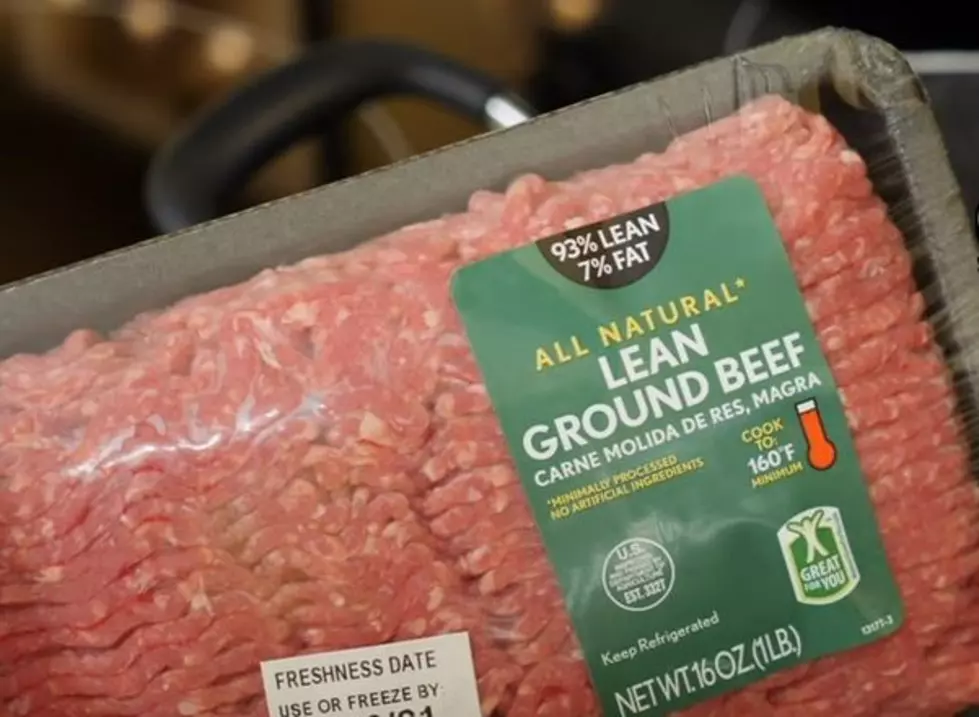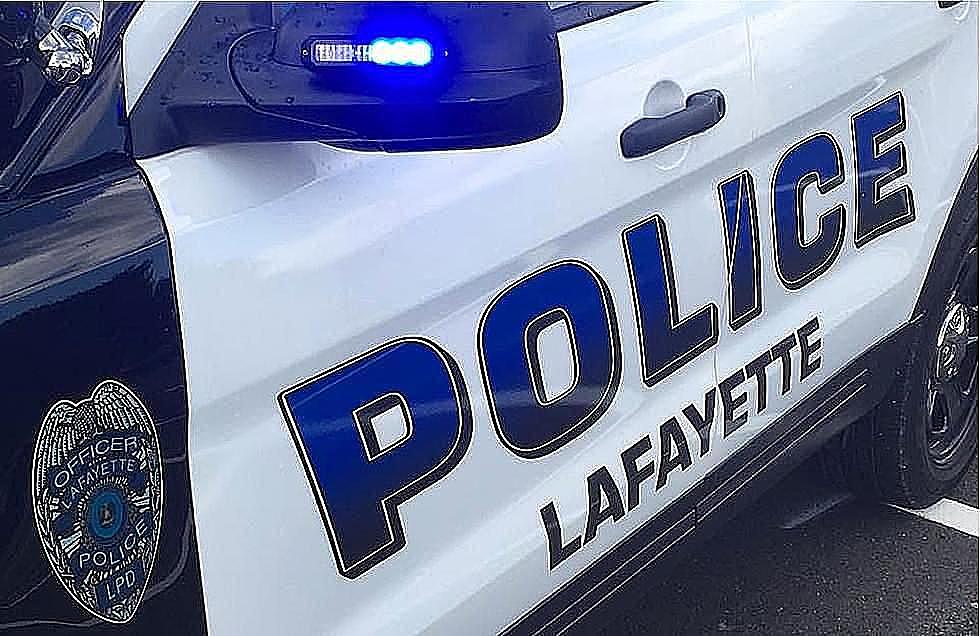
No, a Bear Did Not Get Locked in a Car in Lafayette—But Here’s The Truth Behind Those Facebook Photos
Every day there is a new Facebook scam or some hoax that makes its rounds on social media.
One of the latest examples is the bear that got locked in a vehicle and completely destroyed the inside. It's a Facebook post that has shown up in a "Buy, Sell, Trade" type group in both Lafayette and Breaux Bridge—but the scam goes far beyond Acadiana.
What's the gimmick?
The post shows multiple images of a vehicle interior that is torn to pieces after allegedly being destroyed by a bear. One of the pictures shows an actual bear in a yard and the description on the post usually details how local officers responded to a "vehicle unlock" in whatever city the scammer is posting the fake information in.
The post goes on to say that when cops arrive on the scene they realize a bear was locked in the vehicle. For instance, here's the caption from a Breaux Bridge Facebook group.
Officers were dispatched to a vehicle unlock this morning in Breaux Bridge . Once they arrived they found the vehicle locked with a bear inside. Needless to say Bear -1 Vehicle -0 . This is a reminder to keep your vehicle doors locked even if you will be out of it for only a few minutes.
The same caption is posted on multiple pages and groups in multiple cities; some even out of the country.
Another post in Buy or Sell in Lafayette, LA has the exact same caption.
Did it even really happen?
As I said earlier, this story has circulated all over the world using the same group of photos and even the same caption. A radio station in Grand Rapids, MI posted a story asking the exact same question.
They also realized this story has been shared all over the place, and manage to track down what is believed to be the source of the pictures and a similar back story to the scam.
What's crazy is that the original post that was posted to the Blue Ridge Safety Facebook page is exactly the same caption that we've seen on the scam.
What's with all the fake stuff? What's the purpose?
When it comes to these fake stories, it's usually related to adorable pets or cute animals with some type of desperate call to action, a hot-button social issue, or something that will evoke emotion from whoever is reading it.
The next step is usually a direct connection via messenger or some other type of communication and the scam is on.
As the age-old rule goes, if it seems sketchy or too good to be true on social media, it probably is.
Be safe out there, and lock your doors—with or without bears in your area.
LOOK: 30 fascinating facts about sleep in the animal kingdom
More From News Talk 96.5 KPEL









